A real humanist can be identified more by his trust in the people, which engages him in their struggle
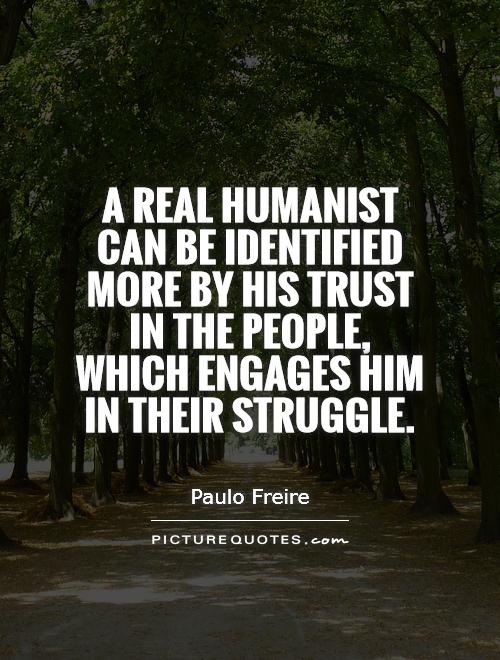
A real humanist can be identified more by his trust in the people, which engages him in their struggle
Paulo Freire, a Brazilian educator and philosopher, is widely regarded as one of the most influential humanists of the 20th century. His work focused on the empowerment of marginalized communities through education, and his ideas continue to inspire educators and activists around the world. Freire believed that true humanism is rooted in a deep trust in the people, and that this trust is what drives individuals to engage in the struggle for social justice and equality.For Freire, being a real humanist means recognizing the inherent dignity and worth of every human being, regardless of their background or circumstances. It means believing in the potential of all people to think critically, act creatively, and work together to create a more just and equitable society. This trust in the people is what motivates humanists like Freire to actively engage in the struggles of those who are oppressed and marginalized, and to work towards a world where everyone has the opportunity to thrive.
Freire's most famous work, "Pedagogy of the Oppressed," outlines his revolutionary approach to education, which he called "critical pedagogy." In this approach, teachers and students work together as co-creators of knowledge, challenging traditional power dynamics and hierarchies in the classroom. Freire believed that education should not be a one-way transmission of information from teacher to student, but rather a collaborative process of dialogue and reflection that empowers individuals to question the status quo and imagine new possibilities for themselves and their communities.
Central to Freire's philosophy is the idea that education is a political act, and that teachers have a responsibility to help students understand and challenge the social, economic, and political structures that perpetuate inequality and injustice. By trusting in the people and engaging in their struggle, humanists like Freire can help to create a more just and compassionate world for all.
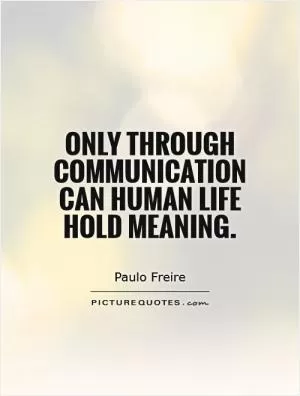
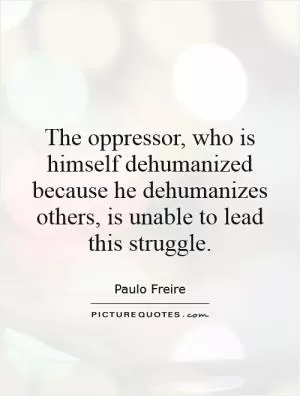
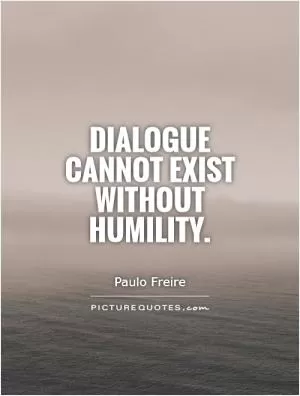
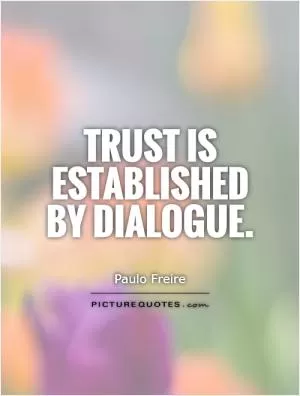
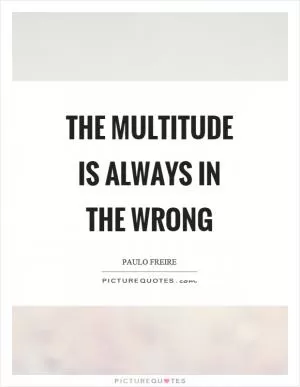
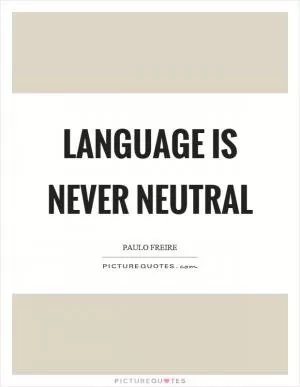
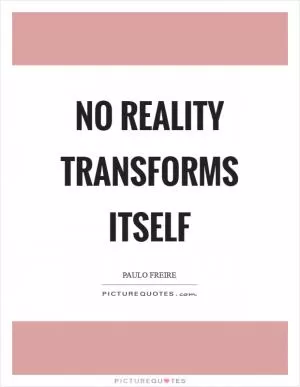
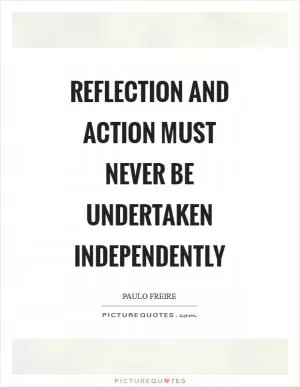
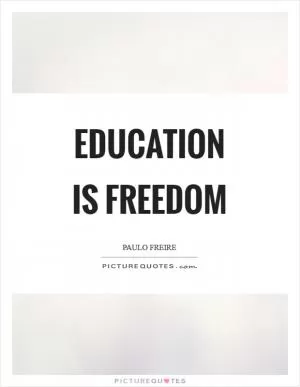
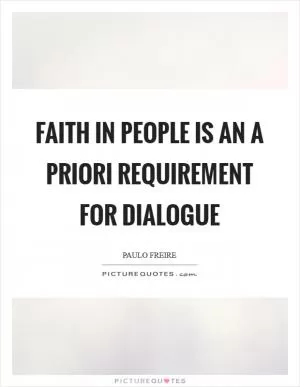
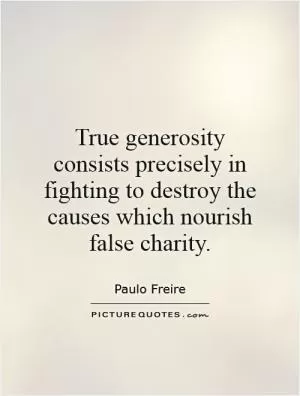
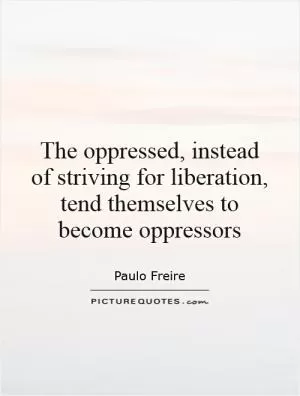
 Friendship Quotes
Friendship Quotes Love Quotes
Love Quotes Life Quotes
Life Quotes Funny Quotes
Funny Quotes Motivational Quotes
Motivational Quotes Inspirational Quotes
Inspirational Quotes